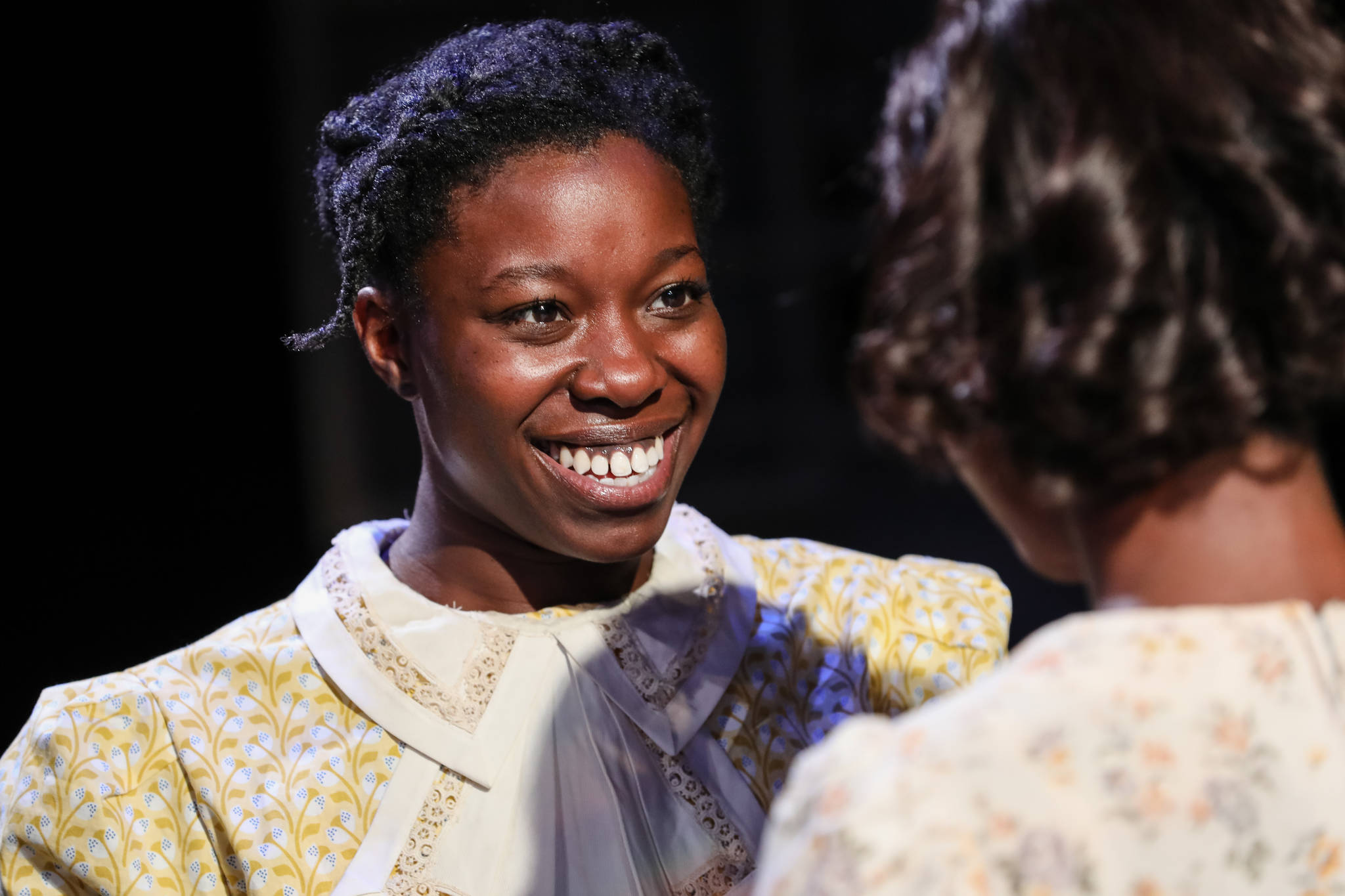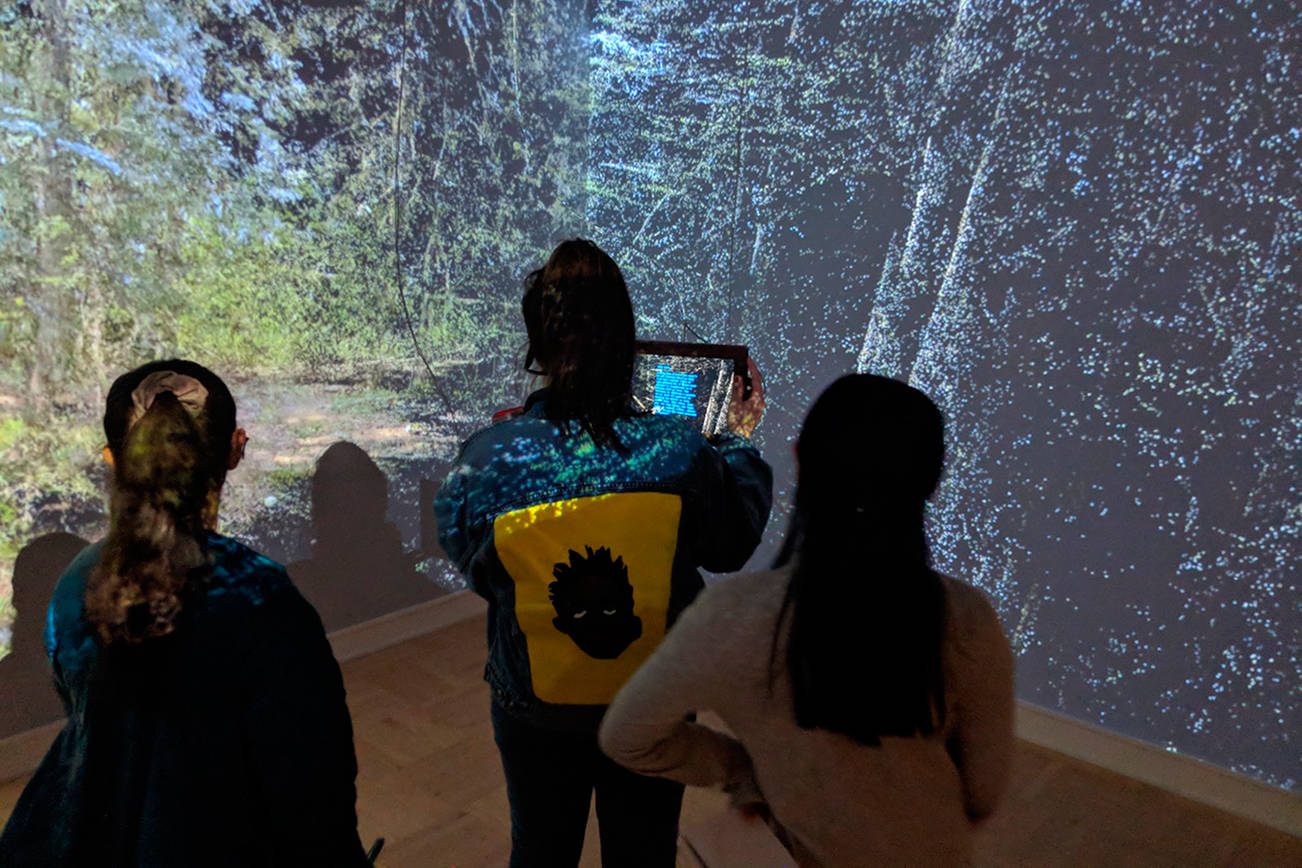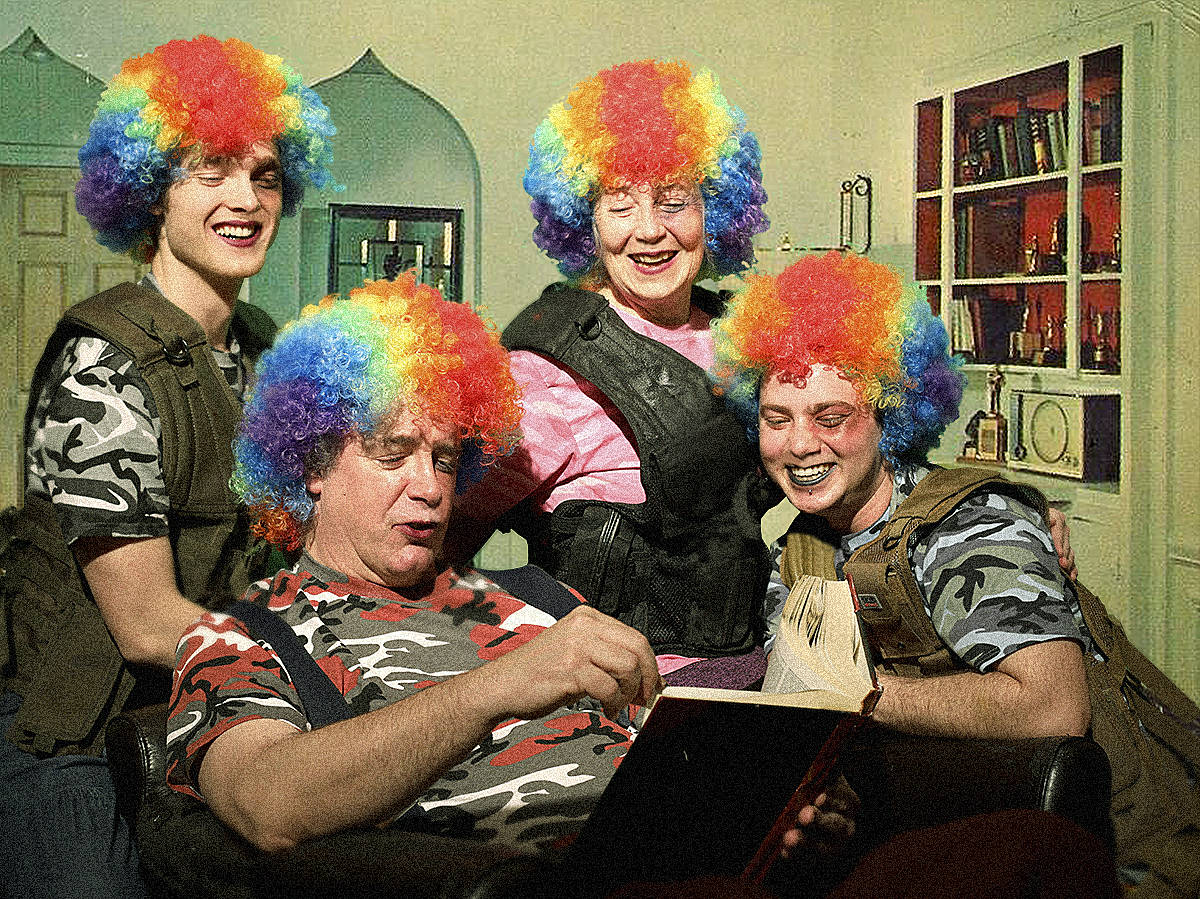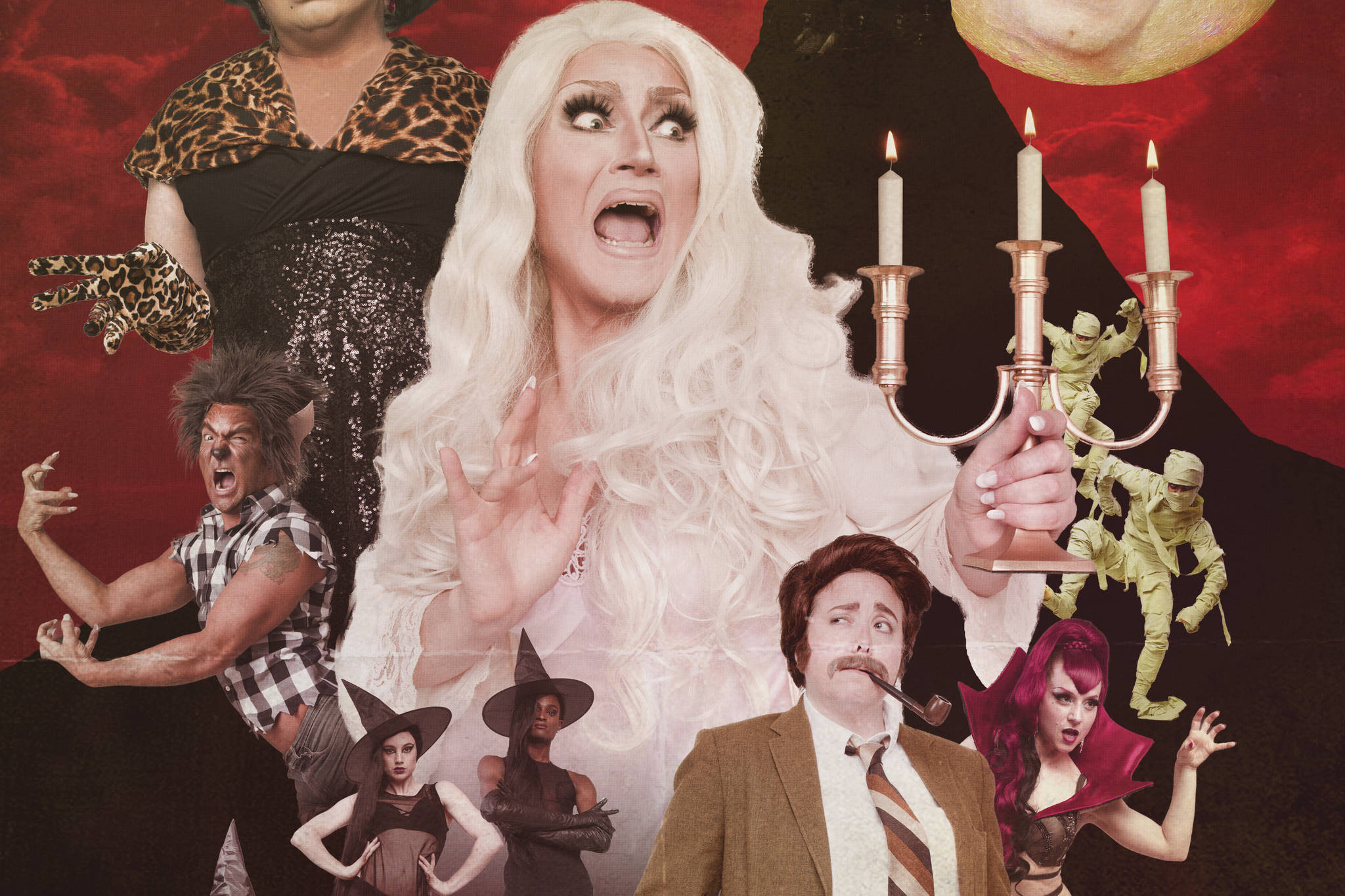In the opening scene of I Know Why the Caged Bird Sings, Dr. Maya Angelou (Brennie Tellu) sits center stage on a wooden floor while Mahalia Jackson’s “Trouble of The World” slowly fades out. The radio turns on, sharing news of Dr. Martin Luther King’s assassination. Angelou anxiously shifts through crumpled yellow pages of writing, reading aloud from them as she absorbs the news of the murder of her close friend. The ensemble members enter from the wings in slow motion. “What are you looking at me for?” Angelou says, echoing the first line of her 1969 memoir. It’s a question she puts to the ensemble as well as the audience as she delves into stories of her childhood.
“She was a black woman who was molded by a country that tried their damnedest to bury her,” director Malika Oyetimein writes in the program. “She was a woman who went through hell and back before she was eight years old.” Oyetimein and Myra Platt’s adaptation of Bird and the production’s stellar acting deeply honor Angelou’s narrative and resiliency. The adaptation is framed by Angelou as she narrates her life from age 3 until her son is born, reflecting on her childhood in Stamps, Arkansas; St. Louis; and San Francisco alongside her younger self (Aishé Keita) and the ensemble. Keita and Tellu shine—their embodiments of the writer are distinct yet relate to each other, often sharing a smile, a line, or even a look. Their interactions come from the same root, even if they are from different eras.
Each element of Angelou’s story is represented through quick, poignant scenes. Near the middle of Act 1, Young Maya and her brother Bailey Jr. (Chip Sherman) move in with their mother (Dedra D. Woods). “To describe my mother would be to write about a hurricane in its perfect power, or the climbing, falling colors of a rainbow,” Maya says as she turns in her chair, gazing upon her “Mother Dear” adoringly. Swiftly the scene shifts to a club in St. Louis, with multiple cast members picking up new roles. The ensemble is brilliantly adaptive, each actor accumulating numerous characters throughout.
Oyetimein’s direction takes advantage of the entire Center Theatre space. In one moving scene, Young Maya and Bailey Jr. cross over the railroad tracks into white folks’ territory. “Are white folks real?” Young Maya asks. “When I walked in the white part of town, I was looked at with such loathing… what scars does that leave on somebody?” After Young Maya says this, Bailey steps up into the crowd, staring at white folks in the audience, climbing over them, and waltzing down the aisles. It is a moment of powerful audience engagement; Oyetimein’s directorial choice sits Young Maya’s words in the audience’s laps, confronting directly the whiteness in the room.
In the final scene, both Young and Old Maya stand facing the audience, joined onstage by black femme ensemble members. “We may encounter many defeats, but we may not be defeated,” says Maya. “We miraculously rise.” I Know Why the Caged Bird Sings, Center Theatre, Seattle Center Armory, book-it.org. $15–$26. All ages. Ends Sun., Oct. 15.
stage@seattleweekly.com








